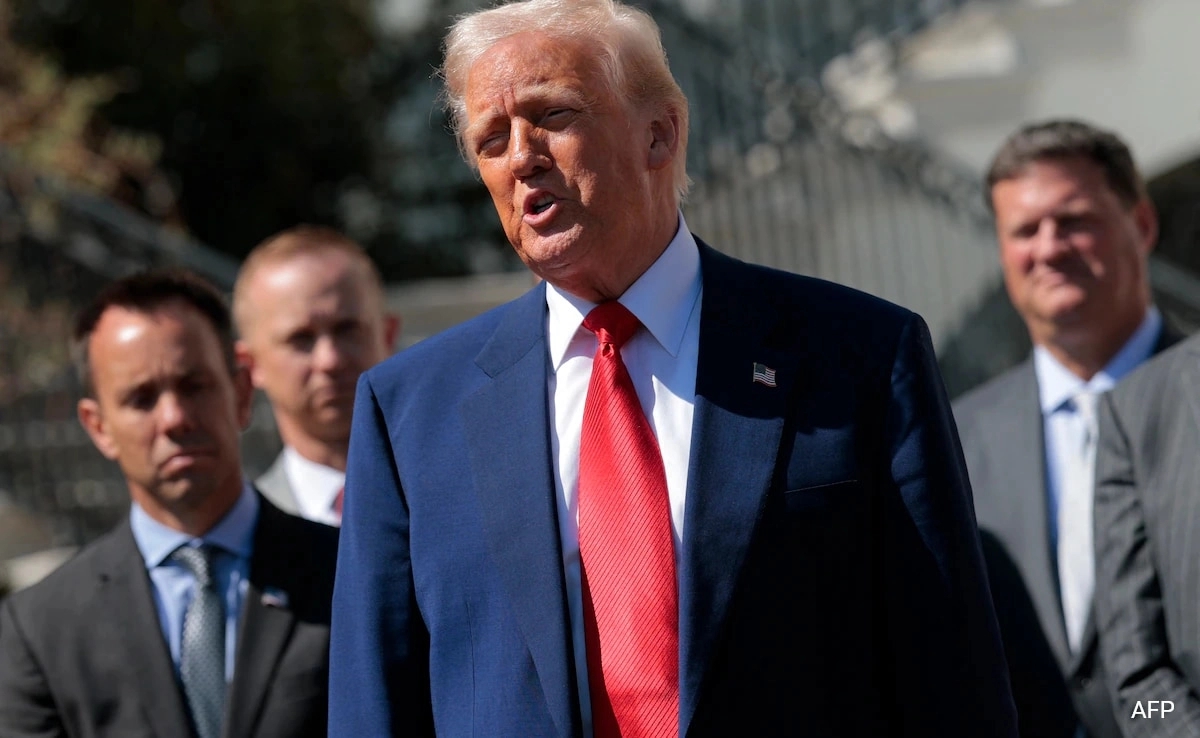Former President Donald Trump took to social media to defend his administration’s trade policies following China’s decision to impose a staggering 125% tariff on U.S. goods. This dramatic escalation in trade tensions has raised concerns among American businesses and consumers, with many questioning the long-term impact of such tariffs on the economy. Trump, however, remains steadfast in his belief that his approach to trade was necessary to protect American interests and to counteract what he characterized as unfair practices by China.
During his presidency, Trump implemented a series of tariffs on Chinese imports as part of a broader strategy to address trade imbalances and intellectual property theft. He argued that these measures were essential for safeguarding American jobs and revitalizing domestic manufacturing. In light of China’s recent tariff increase, Trump reiterated that his policies were aimed at leveling the playing field and ensuring that the U.S. could stand firm against unfair competition. He emphasized that while tariffs might lead to short-term challenges, they were critical in the long run for establishing a fairer trading environment.
Critics of Trump’s policies have pointed out that tariffs can lead to increased prices for consumers and potential retaliatory actions from trading partners, which could harm U.S. businesses. As China’s tariffs hit a new high, many analysts are concerned about the potential for a prolonged trade war that could further disrupt global supply chains and economic stability. Despite these concerns, Trump remains resolute, asserting that his approach was necessary to force China to adhere to fair trade practices and protect American economic interests. He believes that the sacrifices made during his administration will ultimately lead to a stronger and more resilient economy.
In addition to economic considerations, Trump’s defense of his trade policies also reflects his broader political strategy. By framing the situation as a battle against unfair foreign competition, he seeks to rally his base and reinforce his image as a defender of American workers. As the political landscape continues to evolve, it remains to be seen how the current administration will respond to China’s tariffs and whether a new approach to trade can be developed that addresses the complexities of modern global commerce. The ongoing saga of U.S.-China trade relations is likely to be a focal point in the upcoming political discourse, shaping the economic landscape for years to come.




